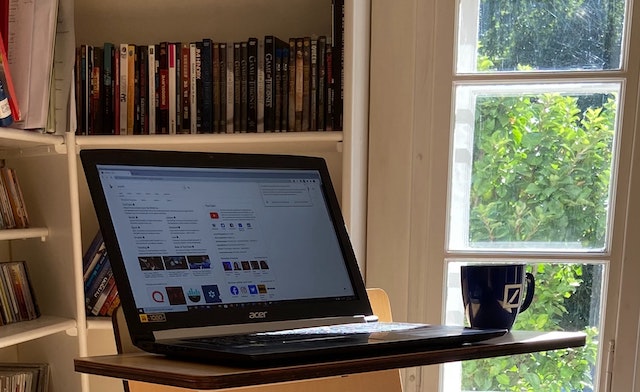Join us as we recap this new webinar series exploring how to read, and enact in our life with others, Bill Torbert’s final book Numbskull in The Theatre of Inquiry: Transforming Self, Friends, Organizations, and Social Science.
The four sessions were led by Bill Torbert and Chuck Palus (Center for Creative Leadership Emeritus), with a special guest each time. Speaking to leaders, social scientists, consultants/coaches, and students interested in ‘vertical’ adult development leadership theory, ‘action inquiry’ practice for timely action, organizational transformation, and/or a new paradigm of social science, each session in this series included the reading of two brief excerpts from the book.
“Torbert has dedicated his life to the discovery and unfoldment of the kind of truth that not only reveals valid theoretical generalizations but also can generate timely action in unique circumstances—both within his individuated self and within the communities of the world that he has touched, contributed to, and in some cases created.” Executive Coach, Halim Dunsky, shares his thoughts on Bill’s new book here via his review through the OD Network.
Session One:
This session took place on Tuesday 15th June, and examined the overall structure of the book and its different voices. In what ways is the art and science of timely action similar to, and in what ways different from, the modern sciences of behavior? Why is “action inquiry” particularly responsive to the crises of our time — the crisis of non-mutuality in gender relations, the climate crisis, and the crisis of distraction encouraged by social media and artificial intelligence?
Session Two:
This session took place on Wednesday 15th September, and focussed on first-person, subjective modes of action inquiry, such as writing ‘developmental autobiographies’ to see how our personal history influences our present outlook. We also explored how to expand our awareness into the four territories of experience in the present, whether we are alone or engaged with others.
Session Three:
This session took place on Wednesday 17th November, and considered second-person, intersubjective modes of action inquiry: how to frame and re-frame conversations; how to balance self-disclosure, support, and confrontation; and how to interweave the exercise of eight different types of power in work and family settings.
Session Four:
Taking place at 11am Eastern/4pm UK on Tuesday 18th January, this session explored third-person, ‘objective’ modes of action inquiry and how the interplay of first-, second-, and third-person action inquiry can result in explaining more of the variance in our data than current social science studies do.

